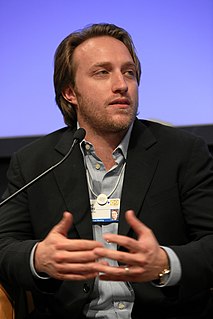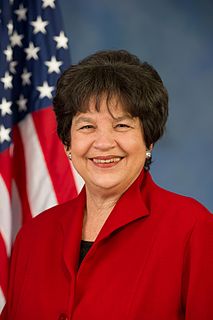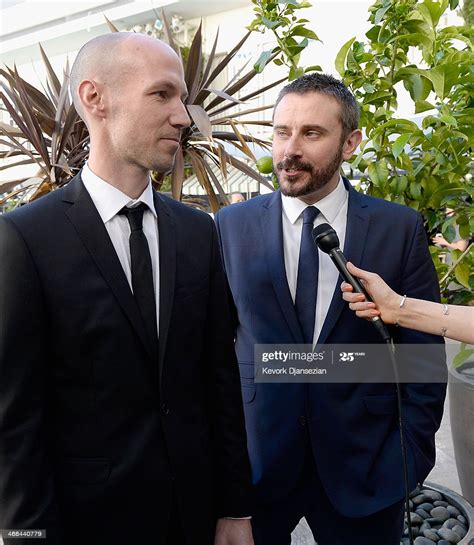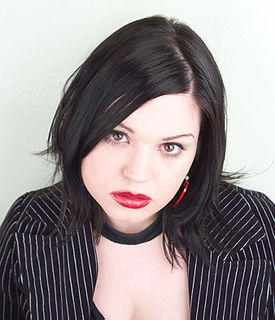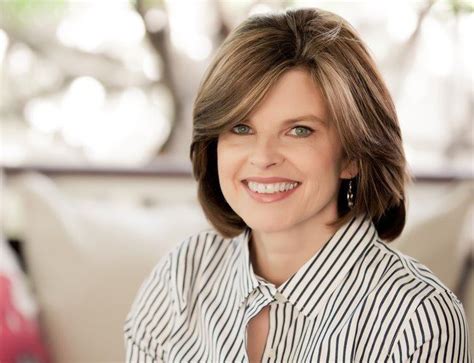A Quote by Chad Hurley
There's not really any safe places on the Internet.
Quote Topics
Related Quotes
We aren't in high school. We aren't really in our families and we aren't in our houses. Those are the places we grew up and the times we spent together, but they aren't us. If think they are, then we're lost, because times end and places are lost. We aren't any place or any time . . . We are everywhere.
There is a regulation of behavior on the Internet and in cyberspace, but that regulation is imposed primarily through code. The differences in the regulations effected through code distinguish different parts of the Internet and cyberspace. In some places, life is fairly free; in other places, it is more controlled. And the difference between these spaces is simply a difference in the architectures of control--that is, a difference in code.
